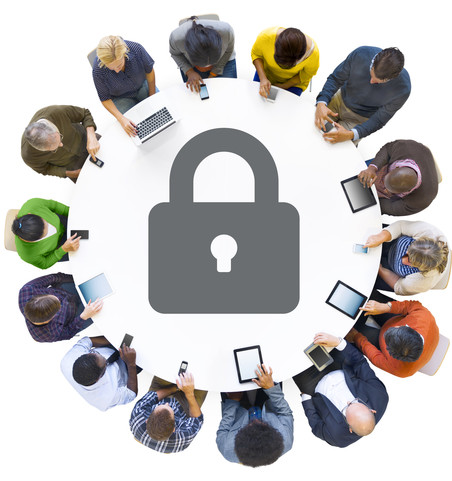
From the very early days of VPN use, it was corporate VPNs which lead the way. As the Internet has blown up, and more amateurs have come into the fold, VPN business use has lowered and businesses have instead entrusted their online privacy to …well, often no one!
Using a VPN, such as any one we review on our top 10 VPNs list, can help protect your business. It can’t 100% replace a skilled IT team, but it can get you much of the way there at a fraction of the cost.
VPN business use is smart because…
There are two main reasons why a business would want to step up to a VPN:
- Your business has expanded to more than one location, but you want a central location for all of your data that can be accessed by anyone on your network securely. You can look at VyprVPN’s Servers for this as well.
- You have employees who work remotely, travel to trade shows and conferences, and who work from home. These people wind up with copies of work documents on your computer …when you’d rather they left them on secure work servers!
What a VPN can do is give your remote workers, and your other locations, a way to connect to one central data hub. The VPN does this thanks to its primary use: An encryption tool which hides your activity from hackers.
Your data is almost always at its most vulnerable when it’s being moved from one place to another. This can be from your work server to a remote desktop. This can be from a workstation desktop to a smartphone. This can be from your home laptop to your desktop at work. Any way that data can move from one place to another across the public Internet is a chance for a hacker to listen in. This is unquestionably a VPNs strength as it encrypts all data transfers during transport.
 Reasons to use a VPN for business
Reasons to use a VPN for business
I’ve touched on some of the reasons above, but let’s look at them a bit deeper so that your understanding of their importance is up to par:
- Secure connections: VPNs allow you to connect from any device endpoint to your work network with an encrypted connection. When you have multiple offices, or work from home, this protection can not be under sold. It’s a secure line which begins right on your device, and which ends at your secure network where it takes over protecting your data. If a hacker does manage to steal data from you while it’s being transported across a VPN connection they will be disappointed as the data is going to be an indecipherable code.
- Role based access to data: Does your HR team need access to customer data? Nope. Does your sales management team need access to employee data? Nope. Coupling a VPN with role based data access is another way to restrict who has access to which data. It’s not about who you trust, it’s about who needs the information so that there are fewer opportunities for something to go wrong.
- Secure public connection: Perhaps the most vulnerable time that any Internet user faces, whether they’re a casual or business user, is when connecting to public WiFi. We’ve all been in that situation where we’re doing an informal presentation at a coffee shop and accessing some sort of data from work. Do you really, honestly, trust the public WiFi at a coffee shop? Do you know if it’s even encrypted in the slightest? You do not. A VPN fixes this problem by giving you automatic encryption.
A VPN can be a valuable asset for your business. Data protection is huge, and if all the hacks happening lately don’t convince you …nothing will. Don’t think it won’t happen to you either. It can, and considering that 80% of businesses report being hacked, well, how lucky do you feel exactly?
Tweet
Image via rawpixel / Shutterstock
